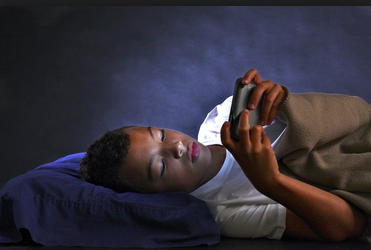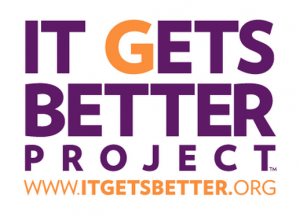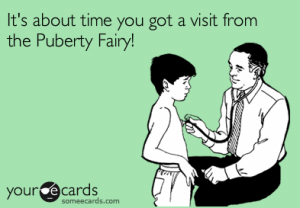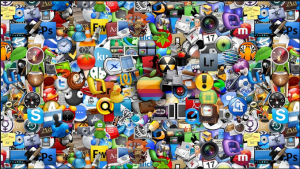Did you know that 1/3 of all teenagers are sleep deprived? According to the National Sleep Foundation, You need at least 9 hours, and most of you aren’t even clocking in at 7. Why is that?
Fear of Missing Out is one reason, but so is the desire to study hard and do better in school. But guess what? Those extra hours you spend awake studying aren’t really doing much for you, as you’re much less likely to remember what you studied.
Your brain needs time to reboot. So does your body. We all need a bedtime. If your parent’s aren’t giving you one, do the grown-up thing and set one for yourself.
Watch the TED talk below, read some of these articles, and reflect on your own sleep habits. Then, using Canva, create a sleep advocacy poster explaining to your classmates one of the amazing benefits of sleep…
Sleep Advocacy Project- Student Rubric
The Mash: Screentime Before Bedtime
NY Times: Lost Sleep Can Lead to Weight Gain
The Atlantic: Building Better Athletes with Sleep or Sleep Deprivation Makes us Appear Unattractive and Sad
HuffPost Healthy Living: 5 Ways to Change the World in Your Sleep
TED Talk: Russell Foster: Why do we sleep?





